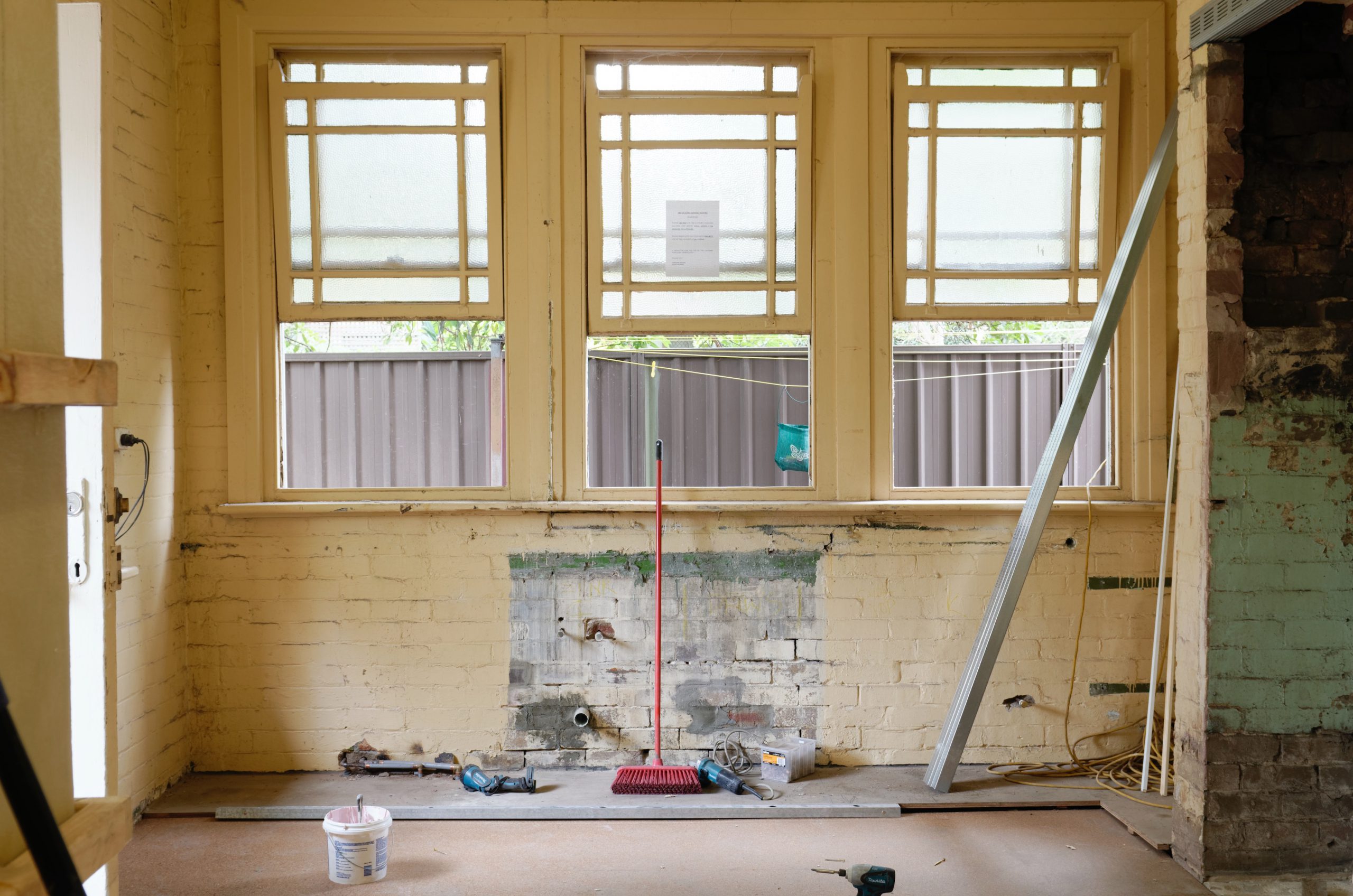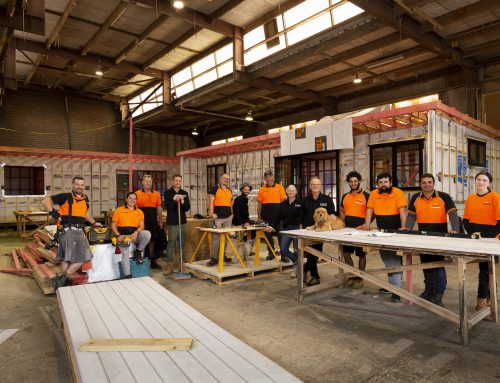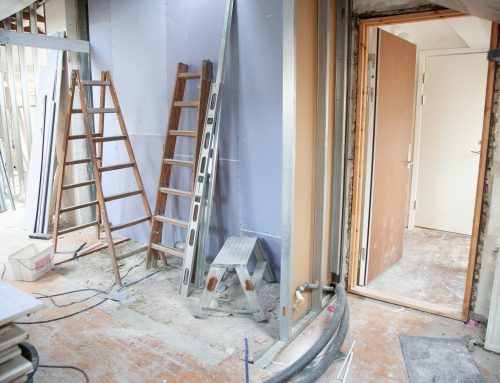When businesses go into liquidation or receivership, this is bad news for their owners, their staff, their creditors and often their customers too. Back in May 2022, it was predicted that the building sector was about to enter a bust cycle, after a fairly consistent boom period of 12 years or so. The New Zealand Companies Office track company liquidations each quarter. For the period ending 30 September 2022, there were 438 companies that went into receivership. That’s a 15% increase in the same quarter in 2021, and a 19.7% increase in the same quarter in 2020.
2022 saw high profile construction companies including Armstrong Downes Commercial and Jonesy Construction Ltd go into liquidation. More recently, tiny home companies such as Podular and NZ Tiny Homes have been the casualties. There is a common thread in these articles – creditors chasing what little money they can find, and everyday Kiwis losing tens or hundreds of thousands of dollars in unbuilt or partially completed homes.
What causes building companies to go into liquidation?
There are a few common factors that can lead to a bust cycle in the building industry. 2022 has experienced most of these, all at once, leading to the uncertainty we’re experiencing around new build homes at the moment.
- Medium to long term impact of availability of building materials due to global shipping difficulties,
- Increase in building costs due to high inflation,
- Older fixed price contracts have been almost impossible for building companies to make any margin on given the rising costs of building supplies,
- Difficulty in attracting and retaining staff,
- Salaries and wages have increased as Aotearoa New Zealand experiences low unemployment,
- Rising interest rates and building supply uncertainty are putting off potential buyers from committing to new builds, and putting pressure on building companies to manage a changeable pipeline of projects,
- Financial support from the government for Covid-19 impacted businesses in 2020 and 2021 has dried up in 2022,
- Small and medium size businesses tend to have lower cash reserves to get themselves through difficult or extended cash flow restricted periods.
Four ways Kiwi consumers can protect themselves from building industry liquidation
For many people, it feels overwhelming to commit to potentially the largest investment of their lives – a new home – in the face of construction industry uncertainty. Of course, the majority of building companies are sure bets and Kiwi consumers needn’t put their dreams on hold if they want to get that new build project underway. There are a number of ways that residential builds can be completed safely, with trust and open communication between both parties.
1. Read new build contracts carefully and seek legal advice
The contract between yourself and the building company is the foundation for setting expectations and ensuring your new build goes smoothly. Of primary concern, is the inclusion of the Master Build 10-Year Guarantee. The Master Builders Association of New Zealand ensures that consumers are provided protection for their new home build. Registered Master Builders can provide consumers with this safety net, providing much needed peace of mind in the current uncertain market conditions. The consumer can be assured of a 10-Year Guarantee regardless of whether the building company is still in operation.
Kiwi consumers need to be aware that the Master Build 10-Year Guarantee is only valid once they receive written confirmation from Master Build Services. If you haven’t received this within 14 days of signing your contract with your building company, you should make immediate contact with the Master Builders Association of New Zealand.
For additional reassurance, ask your lawyer or a lawyer who specialises in the building industry to review the paperwork supplied by your building company. These are important first steps to protect consumers throughout the building process.
2. Check stages of work before making payments
As a consumer, new home builds are often built around progressive payment schemes. If you have taken out lending to finance your new build, often the bank has agreed to the progressive payment scheme documented in your initial contract. It’s really important then, to understand the timing of the payments you’ve agreed to, and key project milestones that are committed to for each of your payments. Consumers should check the work sites, or request evidence of certain milestones being met before handing over the payment.
A Wellington-based couple paid progressive payments to building company Podular for a home they believe will never be built.
3. Ask for external advice if you believe your building company is not being transparent
If you can’t make contact with your building company or are unhappy with their response or progress on a build, you do have options. You may wish to contact the Master Builders Association of New Zealand in the first instance, or consult a lawyer if the issues persist. Being proactive should help you get your property successfully built, rather than expecting the building company to have your best interests at heart.
4. Use IPromise for payment protection
IPromise supports open and easy communication between customers and suppliers. The IPromise app helps build trust and confidence between customers and suppliers by requesting payments up front into a secure BNZ trust account, and only releasing these to the supplier once the customer agrees work is completed.
IPromise takes the guessing game out of the payment process. Once the Supplier quote is agreed, your payment is transferred to a secure BNZ Trust Account, that is only released to the Supplier / tradesperson, when both parties agree the job is done. When agreed, the payment is immediately released to the Supplier / tradesperson, providing an incentive to get the job done on time and on budget. For you (the Client) there won’t be any surprise charges or fees if you decide to use this platform, and your payments are protected at all times. What’s more, the app is always free for the Client. If you’d like to get started, register for free today and talk to your builder, or other service provider, about using IPromise on your next project.
IPromise provides payment security and enables open, easy communication for your next construction project.






Leave A Comment